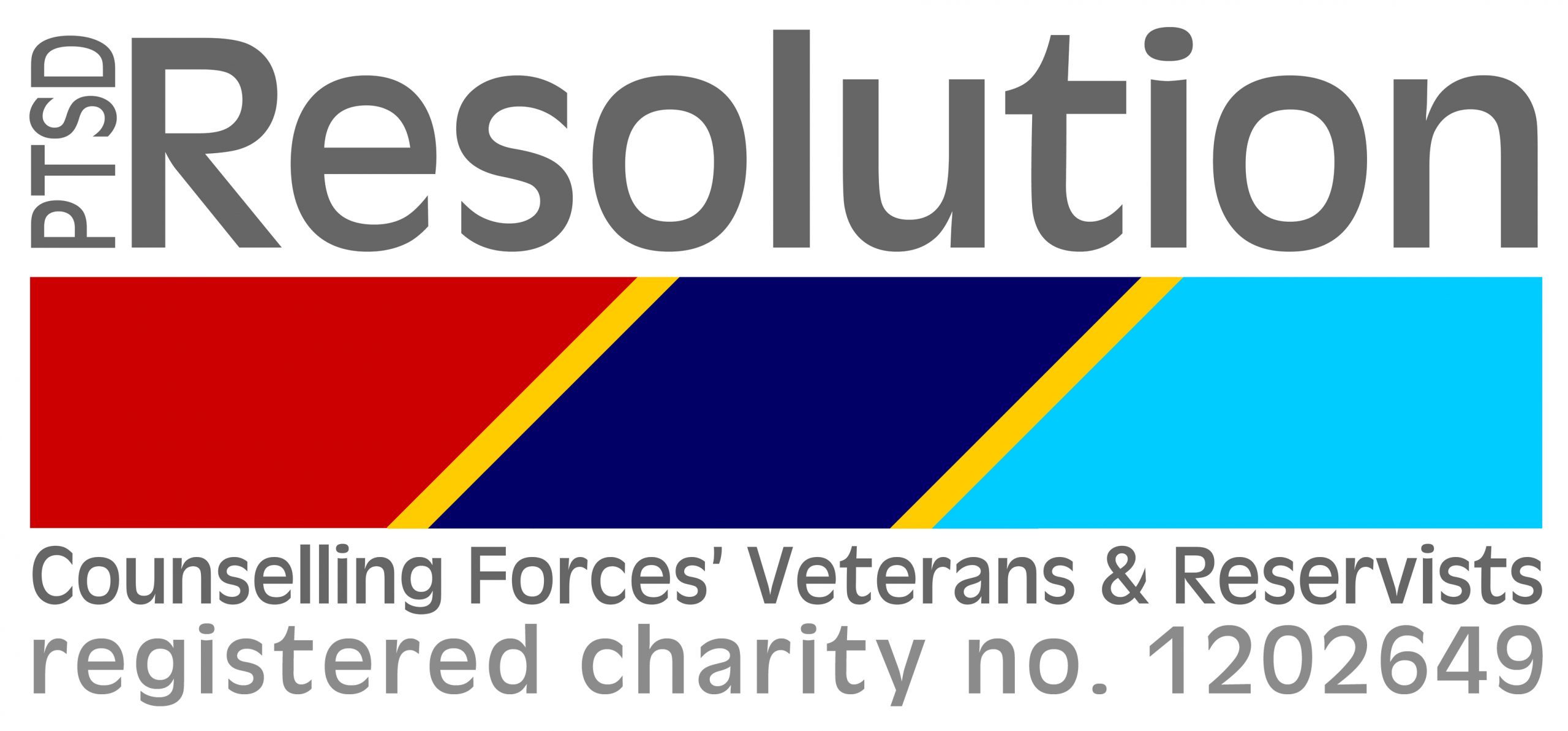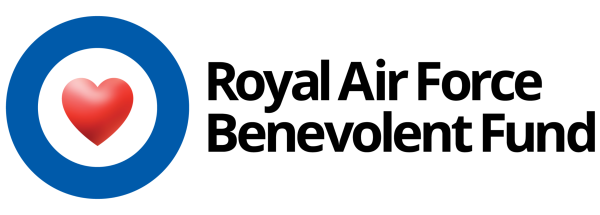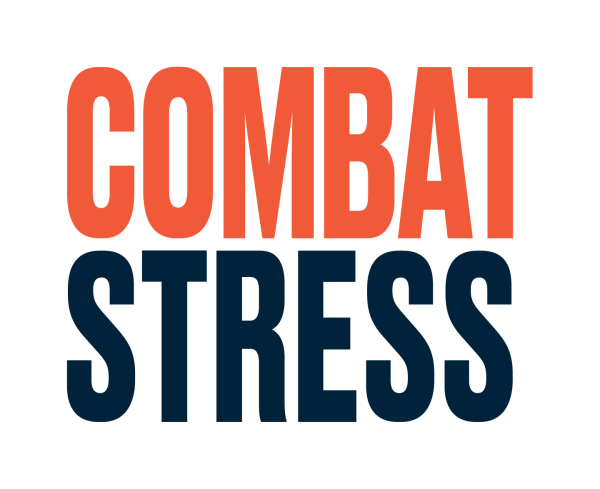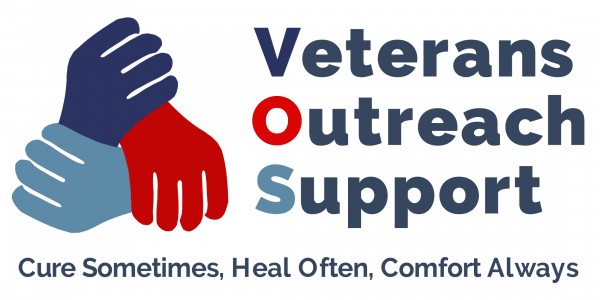Writing in Computer Weekly, Malcolm Hanson, Clinical Director of PTSD Resolution, reports on Research from the Chartered Institute of Information Security that reveals that more than half of cybersecurity professionals experience sleep disruption caused by workplace stress. These symptoms closely resemble those observed in military veterans receiving support from PTSD Resolution, a UK charity specialising in ex-Forces mental health care.
Increasingly, overwhelmed cyber security specialists – our frontline in countering digital crime and espionage – are seeking relief through AI-powered therapy chatbots, primarily due to limited access to professional therapeutic services or perceived convenience. This trend raises serious concerns, as the UK appears to be witnessing a mental health emergency within the technology sector.
The Digital Mental Health Landscape
The statistics paint a troubling picture overall: England’s mental health waiting lists contain over 1.6 million individuals, whilst NHS England estimates that approximately 8 million people with diagnosable conditions receive no therapeutic intervention. Technology entrepreneurs have attempted to bridge this treatment gap through AI-driven mental health platforms and companion applications, offering round-the-clock availability and seemingly affordable solutions.
For technology professionals, many of whom are working in the defence sector, maintaining irregular schedules under relentless pressure, these digital alternatives appear attractive. However, accessibility alone cannot address the complex needs of vulnerable individuals. PTSD Resolution successfully introduced online therapy delivery during the 2020 pandemic and continues providing this alongside face-to-face consultations.
Human Therapeutic Superiority
From an evolutionary perspective, human distress has historically required human intervention. Our ancestors depended on others capable of interpreting facial expressions, vocal subtleties, and situational contexts—how our minds process and recover from traumatic experiences.
AI chatbots fundamentally lack these essential capabilities. They cannot observe physical manifestations during anxiety attacks, recognise subtle vocal indicators suggesting dishonesty about mental state, or comprehend the intricate relationship between professional pressures and personal circumstances. Human therapists may detect when distressed individuals claiming wellness are actually concealing their true condition.
For IT professionals experiencing moral injury—forced implementation of surveillance systems conflicting with personal values, or decisions affecting thousands of users’ data security—this contextual comprehension proves vital.
Technology professionals should particularly consider privacy ramifications. Human therapists operate under stringent confidentiality regulations protected by legislation. Conversely, ChatGPT acknowledges that engineers “may occasionally review conversations to improve the model.” There are also risks attached to the security of highly sensitive personal data and threats from criminal organisations and foreign government agencies.
Human Givens Therapy Effectiveness
PTSD Resolution employs Human Givens Therapy, developed by the Human Givens Institute. All 200 therapists within the charity’s network maintain qualified membership. This approach recognises fundamental human emotional requirements: security, autonomy, achievement, and purpose. Unmet needs inevitably lead to psychological distress.
Colonel Tony Gauvain (retired), an HGI therapist chairing PTSD Resolution, observes: “Executive burnout and military trauma share comparable symptoms—depression, anger, insomnia. Both involve feeling overwhelmed and incapable of coping.”
Evidence supports this methodology. PTSD Resolution achieves 68% reliable improvement rates with 80% treatment completion, typically requiring approximately six sessions. At £940 per treatment course—provided free to UK Forces veterans, reservists and families—this represents exceptional cost-effectiveness.
Whilst AI may serve supplementary roles, it cannot replace qualified human therapists, Hanson concludes. Healing occurs through genuine human relationships where one person truly understands another’s experience. No algorithm can replicate this fundamental therapeutic connection.
For more information on PTSD Resolution and how you can support their vital work with today’s veterans, visit www.PTSDresolution.org or call 0300 302 0551. Free, prompt, local and effective treatment is available for all UK Forces’ Veterans, Reservists and family members affected by military trauma.
For further information: www.PTSDresolution.org or call 0300 302 0551

















